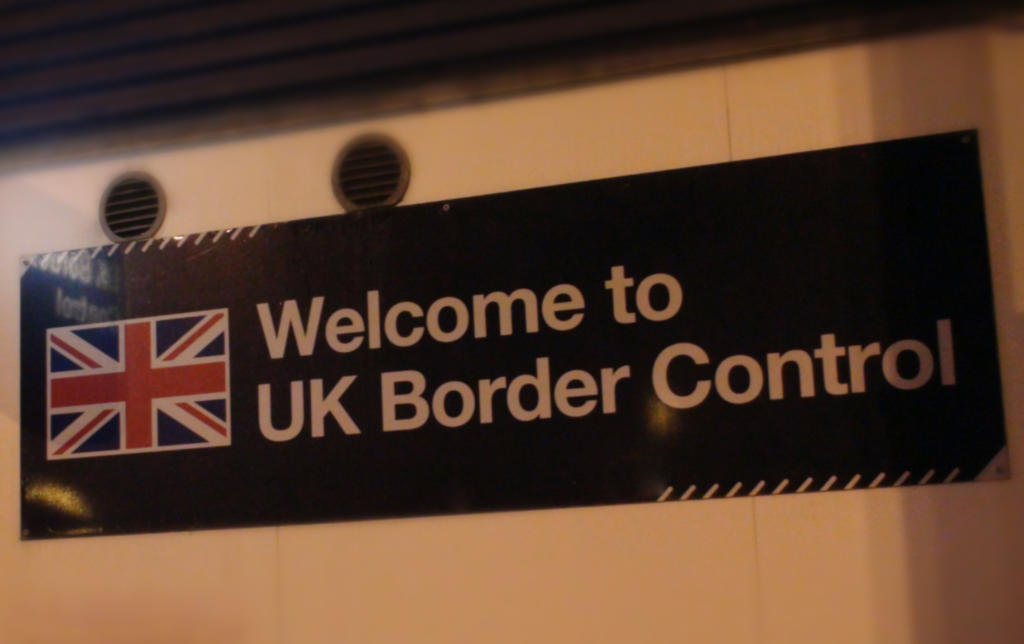
The government has announced long-awaited details on the UK’s new points-based immigration system in its policy paper released on 19 February 2020. It is proposed that these new arrangements will take effect from 1 January 2021, once free movement with the European Union has ended at the end of the transition period. New immigration routes are likely to open from autumn 2020 for applications to work, live and study in the UK from 1 January 2021.
It is worth mentioning that once in force, these new Immigration Rules will apply to EU and Non-EU nationals alike. This will also signify the end of free movement as we know it. In order to qualify under this system, applicants will need to evidence that they have a confirmed job offer from an approved sponsor in the UK, that the job offer is at the required skill level, that they speak an acceptable level of English and will earn more than the minimum salary threshold. A total of 70 points is required to be eligible to apply but some characteristics are tradeable. For instance, if an applicant will earn less than the required minimum salary threshold, but no less than £20,480, their application may still be successful if they can demonstrate that they have a job offer which is on the shortage occupation list or if they have a PhD relevant to the job. In due course the Migration Advisory Committee (MAC) will be commissioned to produce a shortage occupation list covering all jobs encompassed by the skilled worker route and to keep the list under regular review.
These proposals represent significant change for employers in the UK. The suggestion from the government is that a “wide pool of skilled workers will be able to come to the UK from anywhere in the world and the process will be made simpler and quicker for employers.” However, employers who are not currently approved by the Home Office to be a sponsor will not be able to recruit workers from overseas unless they hold a licence. Employers should consider making an application for a licence now if they think they will want to sponsor skilled migrants, including from the EU, from early 2021. In the meantime businesses are encouraged to remind their current EU national employees of their need to make applications under the EU Settlement Scheme before the deadline.
The other key points to note about the new immigration system are as follows:
- the government plans to suspend the cap on Tier 2 (General) visas and abolish the current Resident Labour Market test
- reduce the minimum salary threshold to £25,600 instead of the current requirement of £30,000 per annum
- reduce the minimum skills threshold to RQF3 (a-level equivalent) from RQF6 (degree level)
- there are no plans to introduce regional salary thresholds or different arrangements for different parts of the UK
- the government will not implement a route for lower-skilled workers, even for a temporary period. This is a change from the 2018 government white paper, which had proposed a system of 12 month work visas for those not deemed to have met the skills threshold, for at least a transitional period.
- quadrupling the number of visas which can be issued under the pilot scheme for seasonal workers in agriculture to 10,000. This will be a relief for employers industry, but it Is regrettable that this has not been extended to other industries.
- there are no provisions for visas for people working in jobs that do not require A-level qualifications or higher
- the current Tier 4 student visa route will be opened up to EU, EEA and Swiss citizens from January 2021
- there is likely to be no dedicated route for self employed people
EU citizens visiting the UK will be treated as non-visa nationals meaning they can come to the UK as visitors for six months without the need to obtain a visa.
